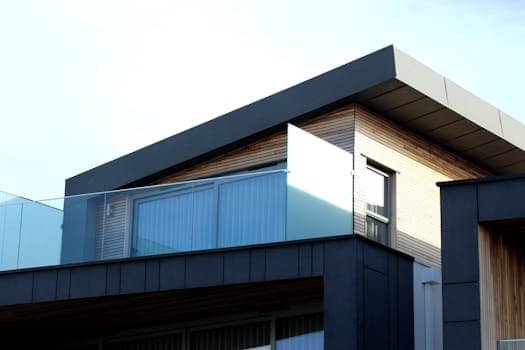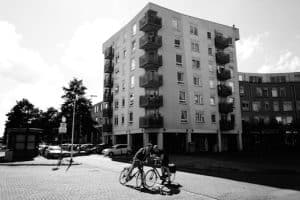The Hidden Psychology of Home Design: What Your House Says About You
Welcome to the world of home design, where every room and every piece of furniture tells a unique story about its owner. You may not realize it, but the way you choose to decorate and organize your home reveals a lot about your personality, values, and even your hidden desires. It’s not just about aesthetics; every element in your home has a psychological meaning and purpose. This is why home design goes far beyond just choosing colors and furniture – it’s about understanding the hidden psychology behind it. In this article, we’ll delve into the fascinating world of home design psychology and uncover what your house says about you.
The Power of First Impressions
We’ve all heard the saying “don’t judge a book by its cover,” but the truth is, first impressions matter, especially when it comes to our homes. The moment someone steps inside your home, they start forming opinions about you based on what they see. This is why it’s important to pay attention to the design and layout of your house – it’s a reflection of your identity.
Open vs. Closed Spaces
The first thing someone notices when they enter your home is the general feeling of space. Is your home open and airy, or closed off and claustrophobic? These choices reveal a lot about your personality. If you prefer an open layout with minimal barriers, you’re likely an extrovert who values social interaction and being open with others. On the other hand, if you prefer more defined spaces and privacy, you may be introverted and value your alone time. It’s all about finding a balance that suits your personal needs.
The Use of Color
We all have our favorite colors, but the ones we choose to surround ourselves with in our homes have a deeper meaning than just personal preference. For example, if your home is primarily decorated in warm, earthy tones, it shows that you crave comfort, stability, and a sense of grounding. On the other hand, if you opt for cooler shades, such as blues and greens, it may indicate a need for calmness, relaxation, and a connection with nature.
The Power of Organization
How you organize your home also says a lot about your personality and mindset. Some people prefer a minimalist approach, with a lack of clutter and only essential items on display. This may indicate a need for order, simplicity, and a focus on the present rather than the past. On the other hand, if your home is full of personal items, knick-knacks, and clutter, it may reveal a sentimental personality with a strong attachment to memories and the past.
Furniture Placement
The placement of furniture and decor in your home can reveal a lot about your values and priorities. For example, if the main focus of your living space is the TV, it may show that you prioritize entertainment and relaxation. On the other hand, if your furniture is oriented towards a fireplace or large windows, it may reveal a more traditional and appreciative approach to nature and natural light.
The Role of Functionality
In addition to aesthetics, the functionality of a home also speaks to its owner’s mindset and values. Some people prefer a well-organized, clutter-free space, while others may prioritize comfort and coziness over tidiness. If your home is designed with functionality in mind, it may indicate a practical, efficient personality. On the other hand, if aesthetic appeal is your primary focus, it may show that you value creativity and self-expression.
The Importance of Personalization
Your home is a reflection of your identity, and personalization plays a crucial role in this. Whether it’s family photos, unique artwork, or souvenirs from your travels, personal touches in your home reveal a lot about your interests, values, and memories. These items not only make your house feel like a home but also give others a glimpse into your personal life and passions.
The Psychology of Home Design and You
In a world where we are constantly told to conform and fit in, our homes offer a safe place for self-expression and individuality. The hidden psychology behind home design shows that our choices in interior design go far beyond aesthetics – they have a deeper meaning and purpose. So the next time you redecorate or design a new home, remember that the choices you make are not just about creating a beautiful space, but also about sharing a part of yourself with others. How does your home design reveal your unique personality and experiences?







